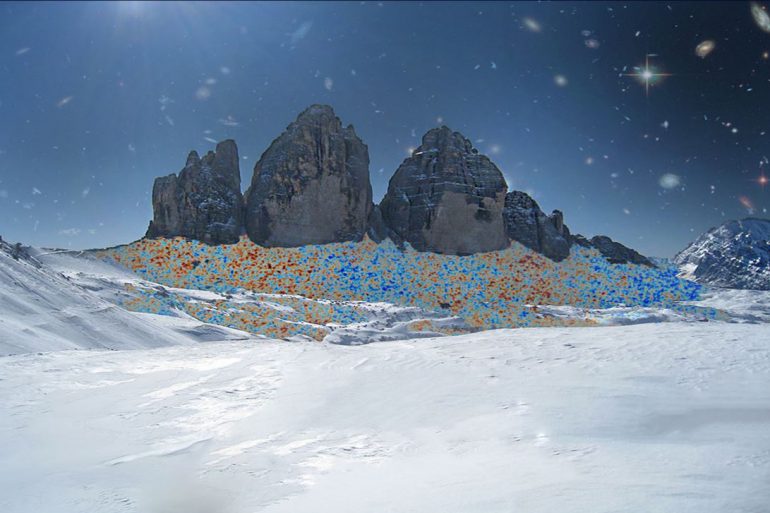Concordances and challenges in cosmology after Planck
LOCATION: Sport & Kurhotel at Bad Moos - Via Val Fiscalina 27, 39030, Sexten
DETAILS
Thanks to the precise measurement of the cosmic microwave background (CMB) temperature and polarization anisotropies and of new large scale structure (LSS) data, cosmology has entered in a precision era becoming a complementary probe of particle and fundamental physics. The third cosmological Planck 2018 release represents a milestone in the evolving field of CMB anisotropies measurements and their compatibility with other astrophysical/cosmological data sets.
New physics beyond the six parameters ΛCDM model seems not required at a statistical significant level by Planck data alone, or by CMB data combined with most other astrophysical and cosmological data sets. There are however interesting “anomalies”, such as puzzles of CMB anisotropies pattern at the largest angular scales or extra smoothing of the acoustic peaks measured by Planck at multipoles larger than 800, or in combination with other data sets – such as local measurements of the Hubble constant and galaxy lensing. We plan to discuss these interesting topics, also in the perspective of the future and the next generation of cosmological observations, including galaxy surveys and 21 cm cosmology observations.
We propose to discuss new directions in particle cosmology and particle physics, as in the physics of the Early Universe, in dark matter models beyond the WIMPs paradigm and in dark energy whose interest has been driven by Planck and by the most recent cosmological observations to modify the predictions of the minimal ΛCDM model, even beyond the usual “extended models” mostly discussed in the last decades. The workshop aims in bringing together l theoretical and observational cosmologists from all over the world, and providing a lively environment for a fruitful exchange of ideas.
Scientific Program with contributions
RELATED FILES
FEE
250 Eur
WORKSHOP CODE FOR BUS AND PAYMENT
ORGANIZERS
SOC Nicola Bartolo (Dept of Physics and Astronomy, Univ. of Padova, Italy) Fabio Finelli (Osservatorio di Astrofisica e Scienza dello Spazio di Bologna,INAF, Italy) Silvia Galli (Institut d’Astrophysique de Paris, France) Steven Gratton (Kavli Institute for Cosmology Cambridge and Institute for Astronomy, Cambridge, UK) Marc Kamionkowski (Johns Hopkins University, Baltimore, USA) Julien Lesgourgues (Institute for Particle Physics and Cosmology, RWTH Aachen University, Germany)

